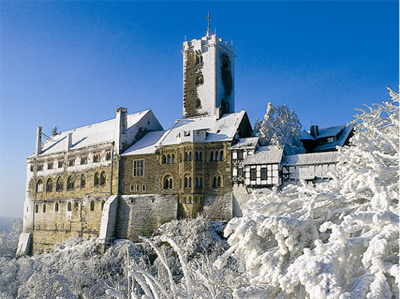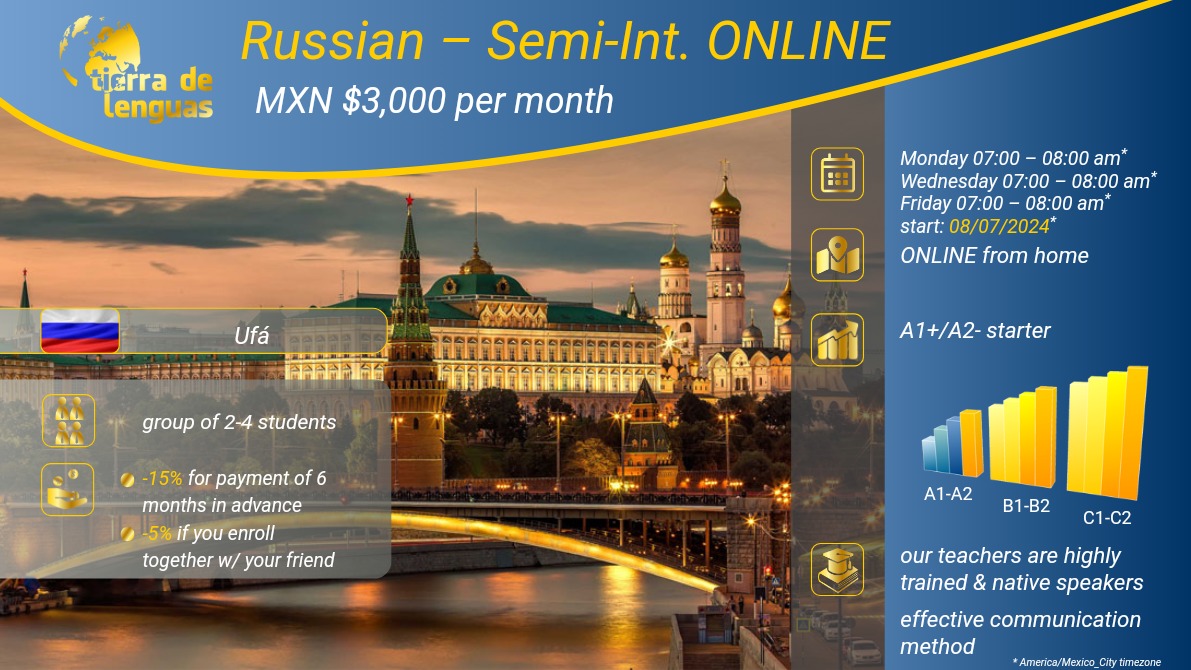German

Wer fremde Sprachen nicht kennt, weiß nichts von seiner eigenen.
Those who know nothing of foreign languages know nothing of their own.
Worldwide there are about 100 million people who speak German as their mother tongue and 16 million people learn German. German is one of the main European languages spoken mainly in Germany, Austria and most of Switzerland. But it is quite widespread throughout the world: it's also spoken in South Tyrol (Italy), in some communities of Belgium, Liechtenstein, Luxembourg, a part of Romania and the French regions of Alsace and Lorraine. Its distribution area extends from Namibia, Africa (where the settlers were), South America where they migrated in large groups: southern Brazil and Chile, as well as some areas of Argentina and Paraguay.
In addition, German is one of the most important business languages, and will become even more important in the EU with the eastward expansion. Germany is one of the most important exporting countries worldwide. Within the EU, German is more widely spoken as a mother tongue than English, Spanish, French or Italian. After English, German is the second most important language in the world of commerce, travel and diplomacy.
Many prominent poets, philosophers and musicians spoke and wrote their works in German. German is the language of Goethe, Nietzsche and Kafka. Wagner, Bach, Beethoven and Einstein also spoke German. Famous Austrians also are included: the composer Wolfgang Amadeus Mozart, Sigmund Freud, founder of psychoanalysis, and the philosopher Ludwig Wittgenstein.
In science, German is an important language. Many important theories were written in German. This has not changed in the age of the Internet - it is still a language of undisputed importance. After English, German is the most widely used language on the web. For many people, it will become increasingly important to be able to read original texts in German.
The history of the German language is about 1,200 years old. The history of the German language is divided into four periods: Old High German, spoken from 750 to 1050, Middle High German, spoken from 1050 to 1350, Early New High German from 1350 to 1650 and Modern High German, spoken from 1650. The most significant figures in the development of the German language were Martin Luther and the Brothers Grimm. Martin Luther translated the Bible into German by 1500. Jakob and Wilhelm Grimm lived in the 18th century and were the founders of German philology and are considered as the authors of the first German dictionary.
Our programs
Private classes
|
prices according to location (distance / time) and payment method
|
3 months for each module (in a semi-intensive program)
|
|
levels:
|
100% customized
|
|
beginning: immediately
|
|
| inscription more |
Groups from 2 to 4
|
semi-intensive: prices according to payment method
|
3 months for each module
|
|
levels:
|
Request a personalized group according to level and time availability
|
|
beginning:
|
|
| inscription more |
Company groups 5+
|
semi-intensive: prices according to payment method
|
3 months for each module
|
|
levels:
|
Request a personalized group according to level and time availability
|
|
beginning:
|
|
| inscription more |
Children and adolescents
|
semi-intensive: prices according to payment method
|
3 months for each module
|
|
levels:
|
beginning: every 4 months
|
| inscription more |
Latest news from the German-speaking world
Here you can find news about topics related to the language of your interest and its culture, improve your reading comprehension and learn more about the latest events!



